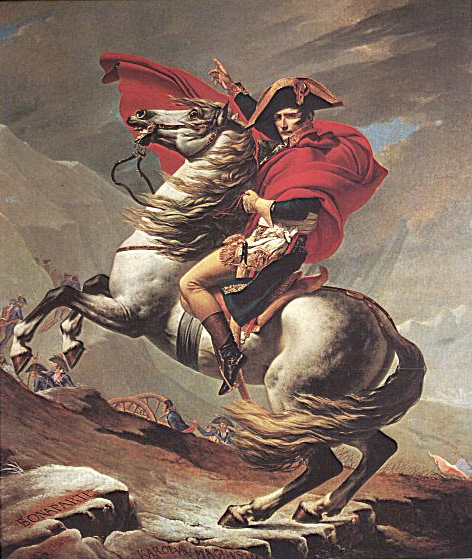My friend Peter Klein, a Professor at University of British Columbia, points out a full page ad in the Globe touting the value of 'professional journalists'.
"'We believe this is the first step toward taking action to preserve and promote our profession in the future,''
- says Mary Agnes Welch, a Winnipeg Free Press reporter and former president of the Canadian Association of Journalists.
The idea of having to 'preserve' the 'profession' is indicative of the terrible state of journalism, not just in Canada, but around the world.
The profession of journalism is in trouble, ironically, not because there is not enough information in the world. Their problem is that there is too much information in the world.
Once, it was both expensive and difficult to acquire news and information. There is no doubt that news and information is important. It was, and remains, so valuable, that people were willing to pay a great deal to get their hands on that information. Thus arose a business based on the rarity of that 'news' and the 'difficulty' of getting it.
A news organization might spend a small fortune to send a reporter to, Africa, say, or China or a war zone to report on what was going on. Winston Churchill was himself a reporter (before he went into politics), covering Britain's war in the Sudan, and later the Boer War in South Africa.
Correspondents were the only way to get information.
Even in the 1970s and 80s, newspapers and television networks spent fortunes supporting bureaus in places like Saigon (or Paris or London or Tokyo), so that they could get access to 'news and information'.
This is where the concept of the 'professional journalist' came from. The person who got paid to go out, gather the information and process it. A major news organization such as NBC might have a dozen bureaus around the world, and another dozen across the country. A really big paper like The NY Times might have 75 foreign reporters covering the world. Even a local TV station like WCBS in New York might field 8 or 10 camera crews and reporters to cover New York City.
Then, along came the Internet and iPhones.
Three billion people around the world have smart phones. And they use them to upload photos and videos and text - all 'news' (Twitter, i.e.), all day long - and for free.
Makes the 'professional reporter' - that lonely individual with their notebook and pencil running around New Delhi look and feel kind of stupid. Kind of pointless. Kind of worthless. Who is going to pay for 'news' from the 'professional' when there is so much information coming from 3 billion people in real time, for free?
The answer is - almost no one.
Which is why full page ads like this in the Globe are starting to appear.
"Please pay attention to us", they cry.
But what in the world does this have to do with Napoleon?
(note: pictured above!)
Napoleon, (as many recently 'educated' young Americans may no longer be aware), came within a hairs-breadth of conquering the world - or at least Europe. And, as we are coming up on the bicentenary of the Battle of Waterloo, I thought it might be interesting to take a look at how Napoleon nearly pulled it off.
That Napoleon was a military genius goes without saying. But a great deal of his genius was his ability to create an entirely new kind of military - the Grand Armee (that would be Grand Army). It was the largest and most powerful fighting force Europe had ever seen, and it pretty much rolled across Europe, defeating everyone in its path (that is, until it ran into the Russian winter).
What made the Grand Armee so powerful and so unique was that Napoleon enlisted average peasants and trained them to fight as soldiers. Until then, armies were mostly made up of 'professionals' - (like our 'professional' journalists!). A highly paid, well trained, elite corps (sound familiar).
Napoleon said 'everyone in!', and between 1800 and 1813, Napoleon conscripted, trained and fielded more than 2.5 million Frenchmen to fight his wars.
Wow! That was a big army.
And it worked.
It was still managed by professionals, but boy did the Grand Armee succeed.
Napoleon saw the vast potential in the citizen army. He didn't look at them with contempt, the way everyone else did.
Now, back to journalism
There are 3 billion people around the world with smart phones recording all the stuff that they see happening around them and 'flooding' the web with content - news and information.
A really smart 'professional' news organization would start lining them up, training them and putting them to work. Creating a kind of Grand Armee of Journalism
They might even conquer the world with it.

